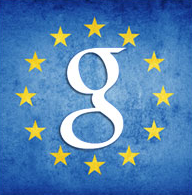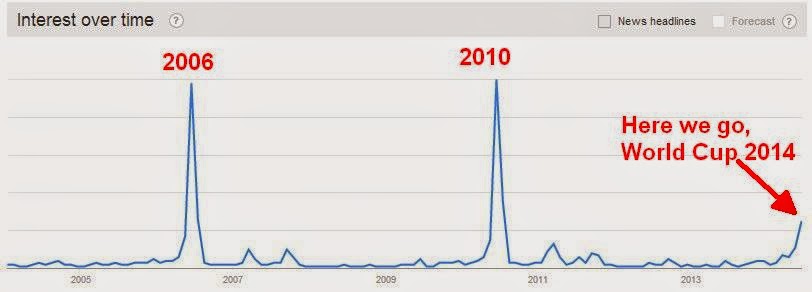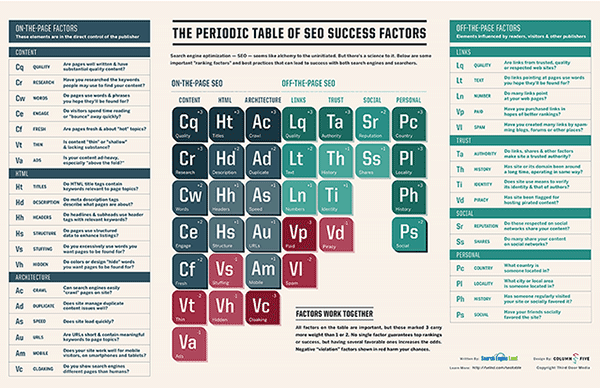European Commissioner for Justice Viviane Reding was quotedin a BBC interview saying that the Right to Be Forgotten (RTBF) will be relatively easy for Google to administer. She asserted that, compared to the millions of copyright removal requests Google deals with, the thousands of RTBF requests are a “small thing.”
Google also manages government removal requests on a global basis.
These scenarios seem to indicate that Google will be able to manage a RTBF process. The challenge isn’t in the mechanics of administration. The central challenge concerns the standards and rules about what can and should be removed and how to be consistent about their application.
Once again, the European Court of Justice held that RTBF requests should be granted when content on search engines is “inaccurate, inadequate, irrelevant or excessive.” Right now European data protection officials are meeting to try and develop uniform standards to apply across Europe.
Reding dismissed concerns about the “subjectivity” that would enter into decision-making. She responded, “Everything is subjective in human relations.”
This is a kind of philosophical position but also an accurate observation about the inherent challenge when humans interpret and apply legal rules. One would not hear it expressed that way by a US politician or judge.
Reding said something else interesting. She argued that the RTBF isn’t new but merely the long overdue affirmation of Europe’s 1995 Data Protection Directive as applied to search results. That directive is being updated by the European Parliament.
Contained in the new rules are some additional standards for RTBF decision-making (“right to erasure”). Below is a fact sheet created by the EU to answer questions about RTBF, which contains the proposed guidelines.
For a number of reasons I have been critical of the European Court of Justice’s RTBF ruling. But I think that the idea behind what the court and the EU are trying to do is important: giving individuals some control over their personal information so that there aren’t ongoing and indefinite consequences from indiscretions and transgressions of the past.
An example was provided in The Guardian’s article about the Reding interview:
BBC Radio 5 also heard from Bradley, an engineer who had requested that Google remove his personal data relating to a drink-driving conviction in 2006. Bradley, who requested that his surname not be used, lost his job some years later after his conviction was discovered by a union representative googling him.



